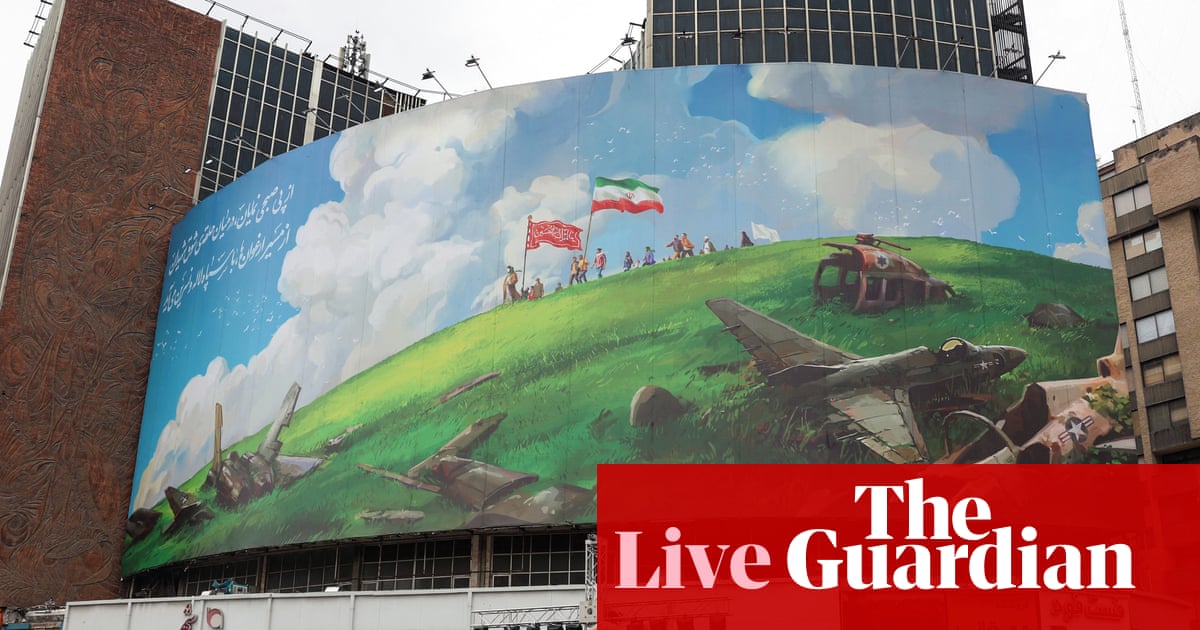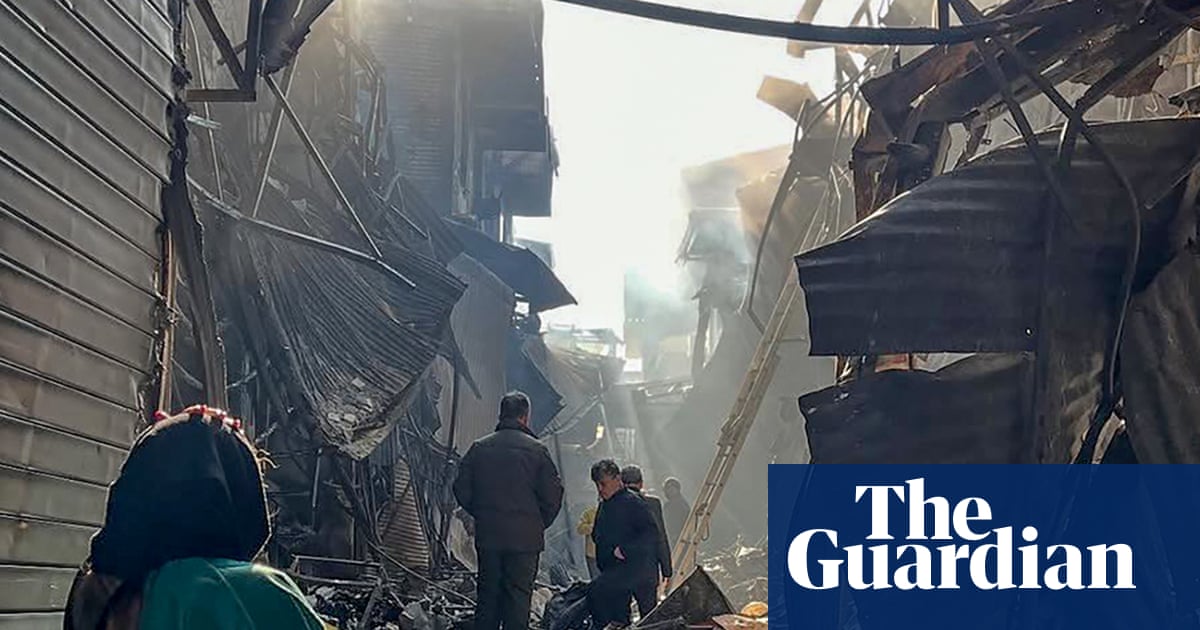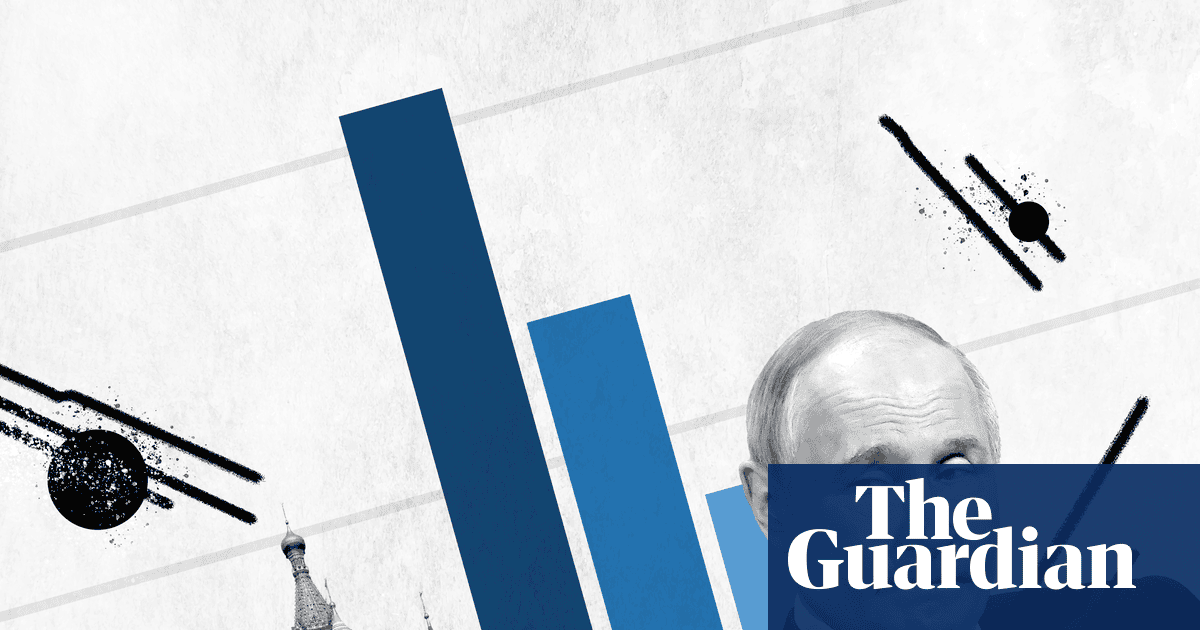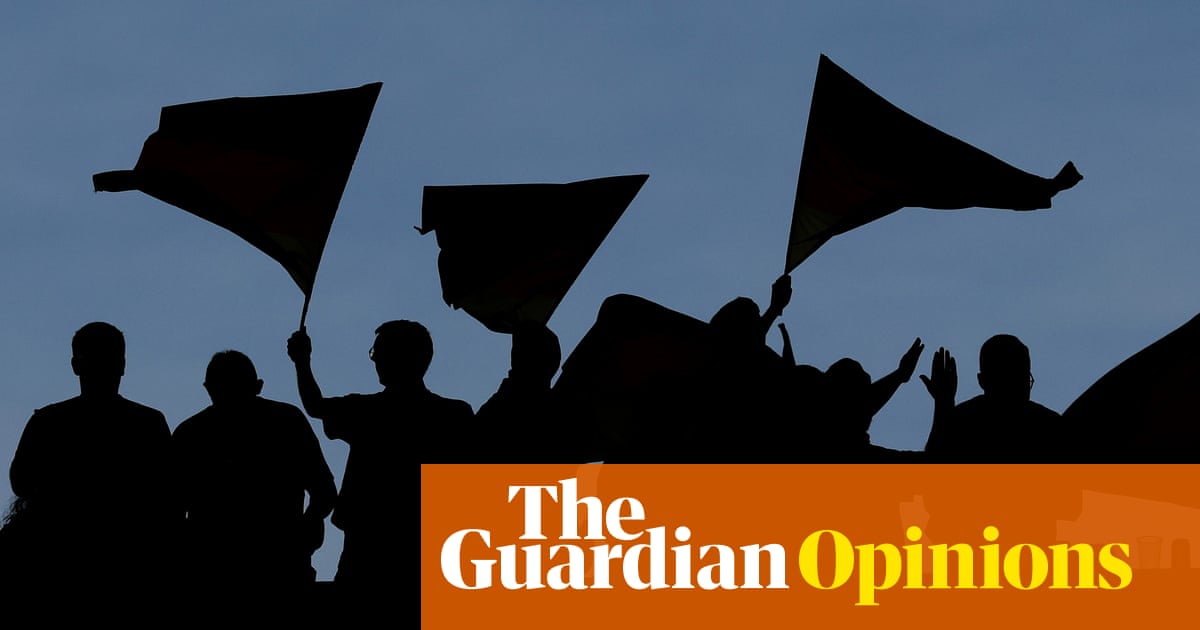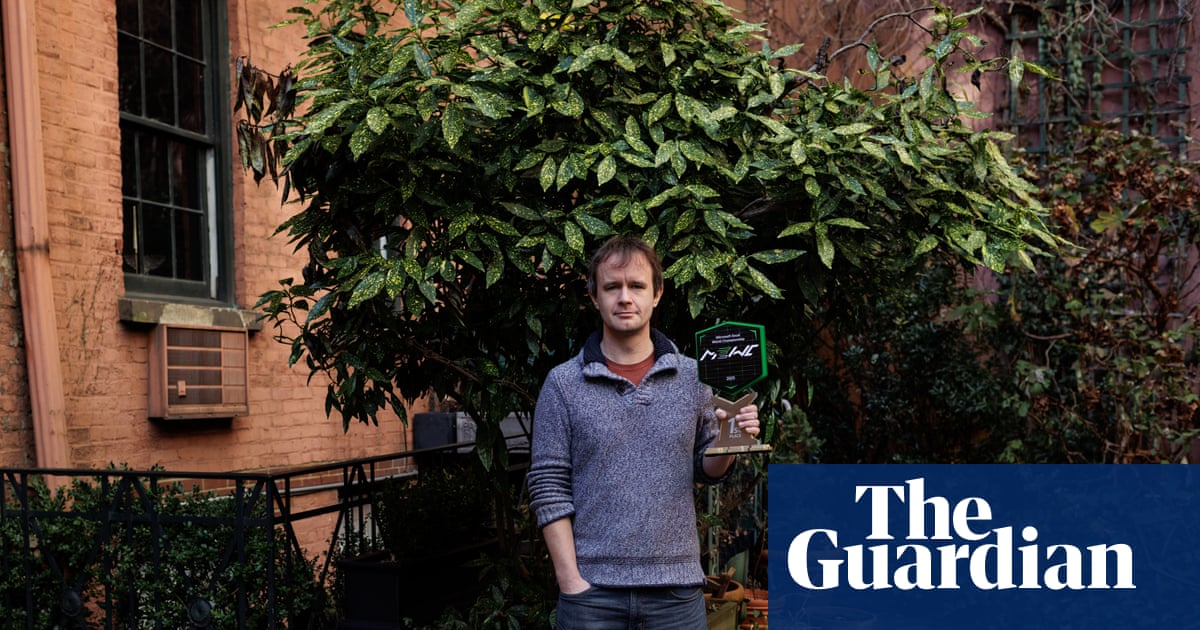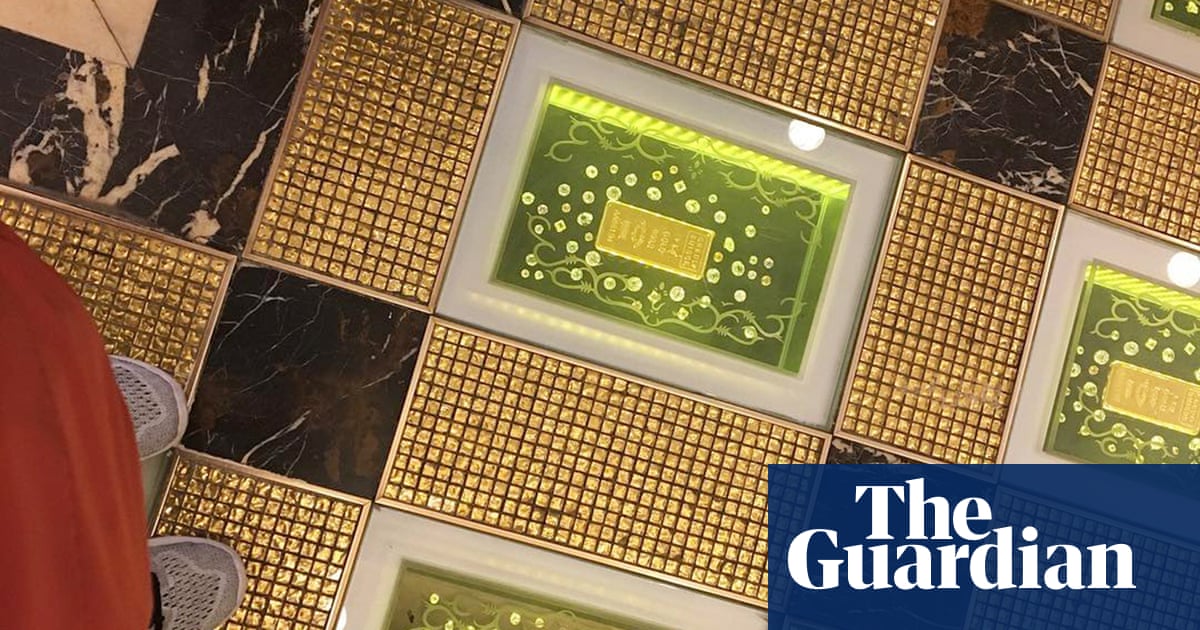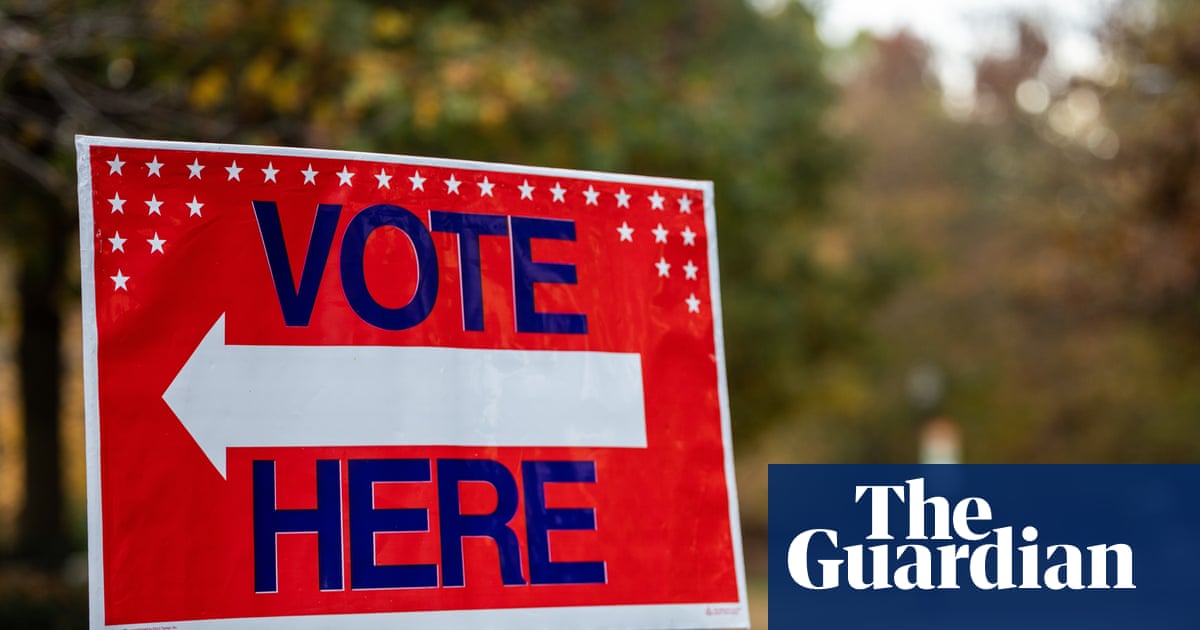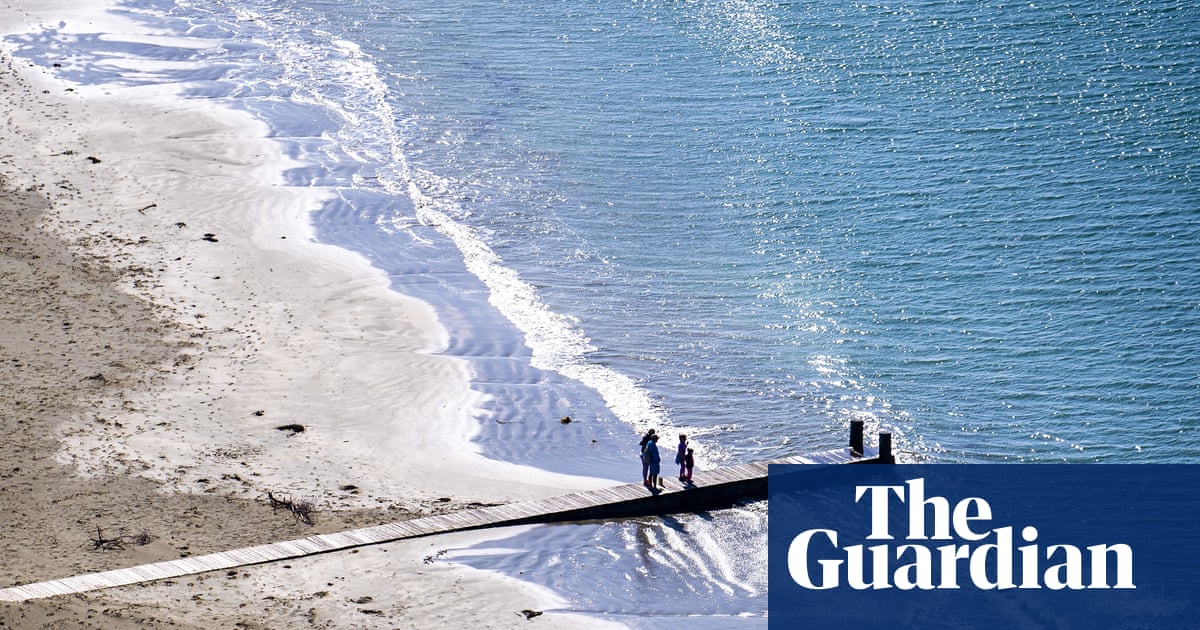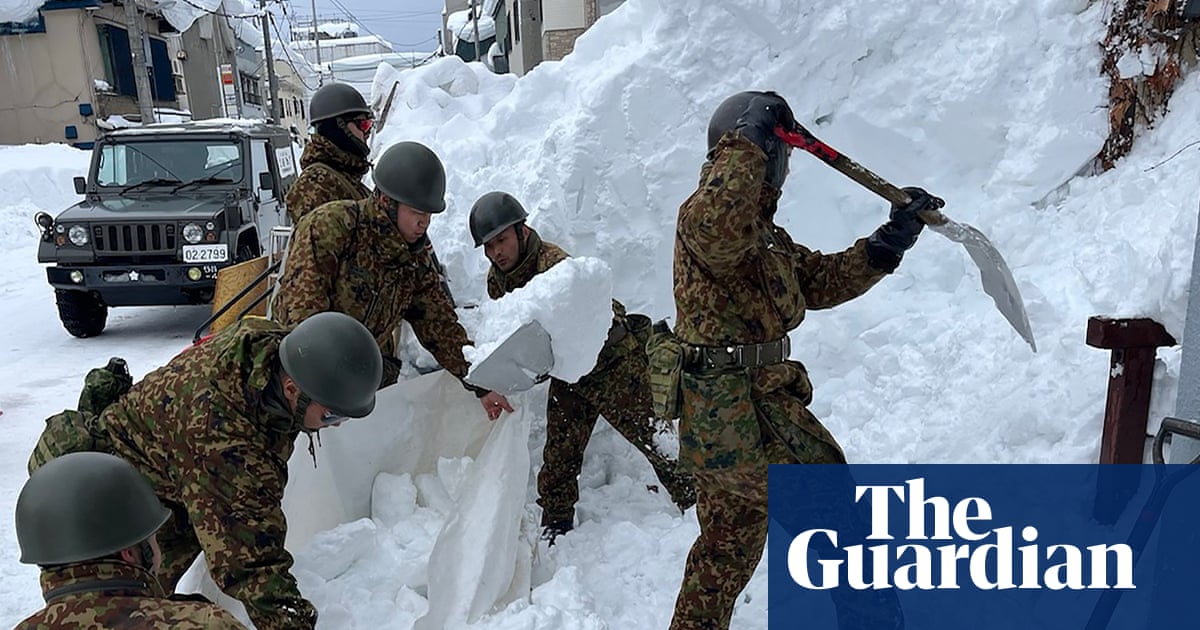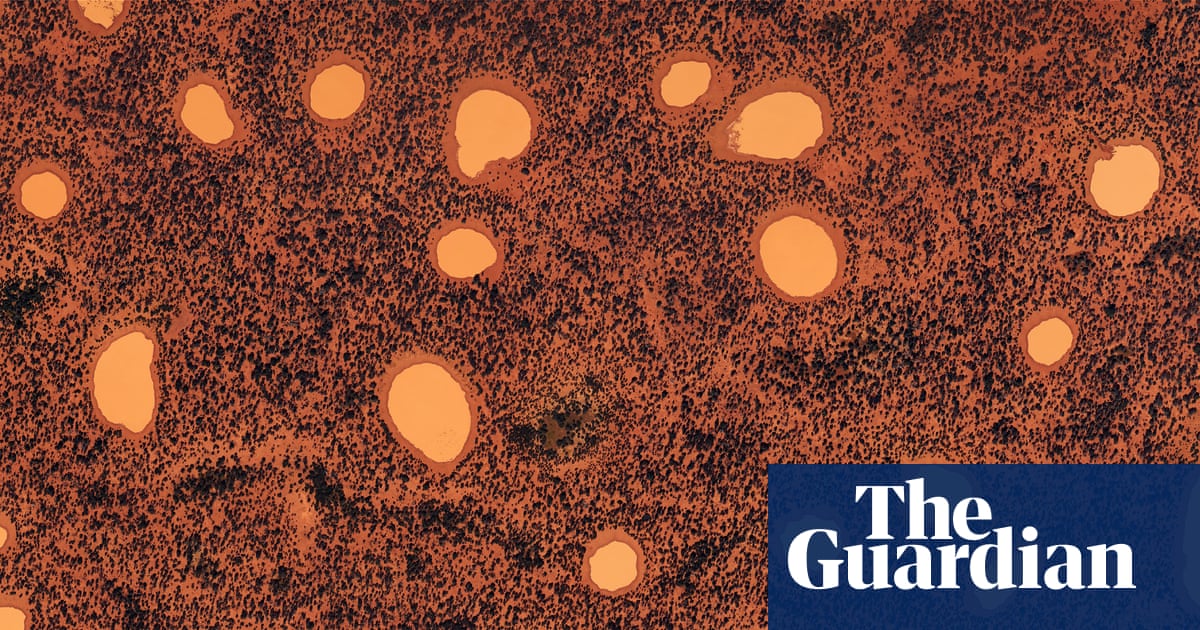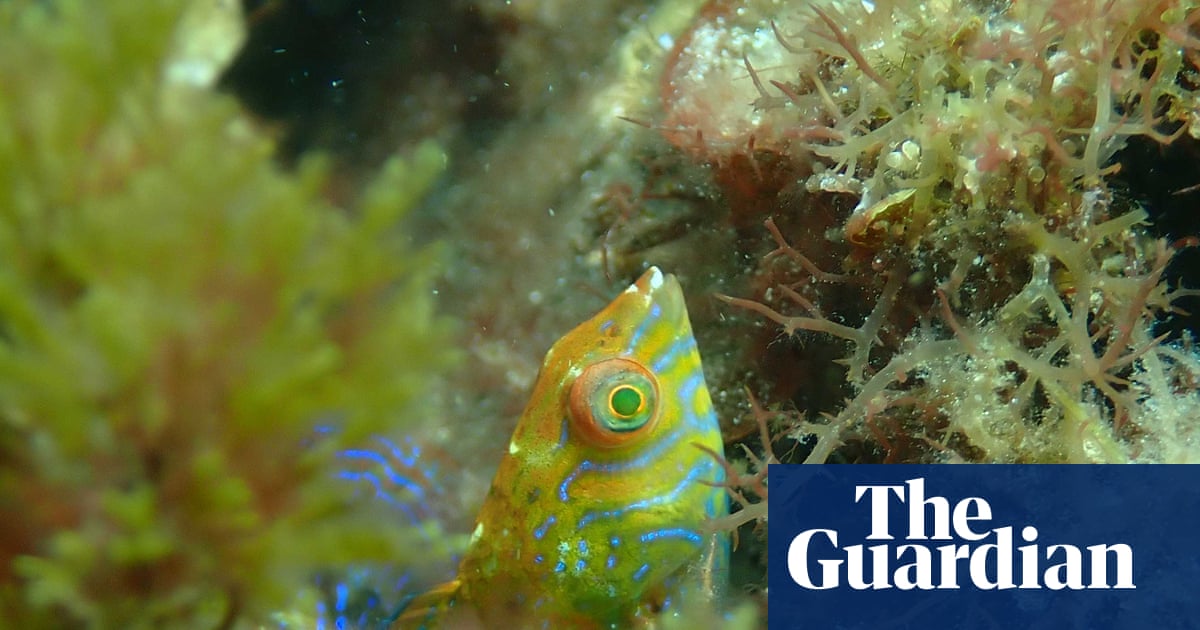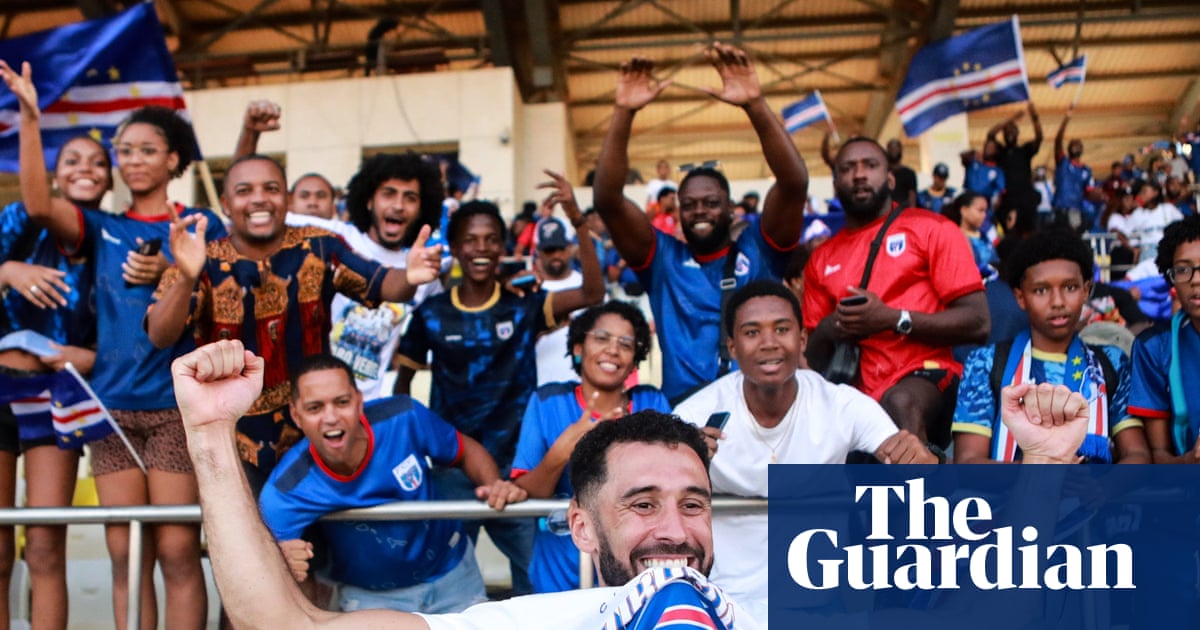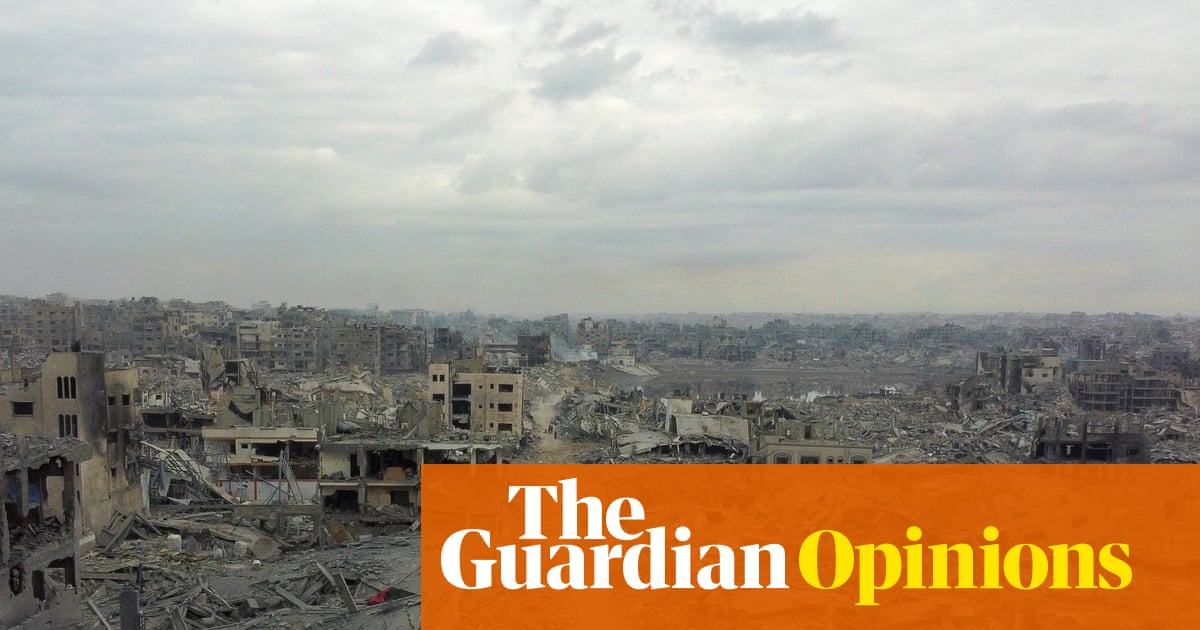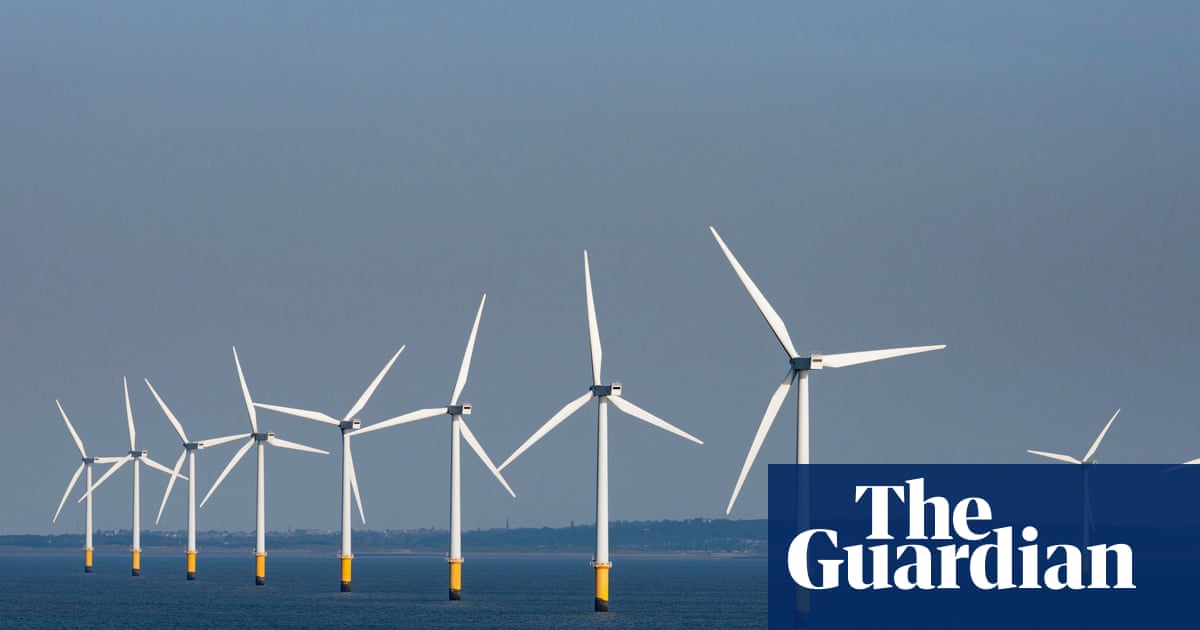People who have tried to expose unlawful ownership and profit-making from protected land in the Democratic Republic of Congo (DRC) have faced threats, violence and rape, an investigation has found.
The DRC government hired the conservation worker Kim Rebholz in 2022 to safeguard the Mangrove Marine park, an internationally recognised nature reserve on the country’s tiny coastline. The Congo basin rainforest, to the east, is the largest rainforest after the Amazon.
Rebholz hoped to extend the protected area across the region. “I was very hopeful that we could do a good job,” he told the Bureau of Investigative Journalism and the Platform to Protect Whistleblowers in Africa.
The Mangrove Marine park is home to manatees and endangered sea turtles, and is where the River Congo finishes its 3,000-mile journey from the highlands of Zambia to the Atlantic Ocean. It was designated protected in 1992 and subsequently recognised under the Ramsar convention of conservation. It is subject to strict regulations, although those restrictions can be lifted for certain people in certain circumstances, “provided that these remain compatible with conservation objectives”. The inland area allows for some fishing but nothing that would “disturb the natural environment”.
So Rebholz was shocked when, patrolling the park a few months into the job, he came across what appeared to be an industrial-sized palm oil plantation, and an expanse of tens of thousands of palm trees. Rebholz says he asked his deputies: “What exactly is this?” and they told him that it belonged to the company of the former president Joseph Kabila, who had spent almost two decades in power before stepping down in 2019 after a series of deadly protests.
The plantation that Rebholz had stumbled across is large enough to be seen from space. Clearly within the boundaries of the park, in what should be a wilderness, are neat rows of the tell-tale star shapes of palm trees covering more than 400 hectares (988 acres). As of summer 2025, it was still thriving. A mapped document dated 2023 states that it was created by the department of forestry management, marking out the plantation: “Land appropriated by a private plantation of palm trees belonging to the former head of state within the Marine Mangroves park, which considerably reduces the park’s surface area,” and local people confirmed the land grabbing: “It still belongs to Kabila … His base is here”. Rebholz says that as well as violating the park’s protected status, the plantation robs large mammals of a vital habitat and that buffaloes have almost disappeared from the area.
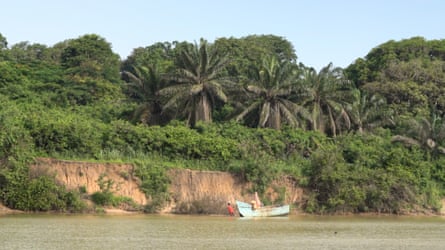
Rebholz had also spotted on satellite images an illegal logging port owned by Congo Dihao, a Chinese group closely linked to a logging company called Maniema Union, as identified by a recent study commissioned by international and Congolese conservation agencies which has been linked to one of Kabila’s most brutal enforcers, General Amisi. Farther west he found another illegal port, this one for oil. An oil industry executive told him the traffic accounted for nearly a third of fuel sold in Kinshasa.
But after Rebholz demanded that a commission of inquiry be set up, he says “the reprisals came thick and fast”. On 2 February 2023, he says seven hooded men armed with machetes and guns broke into his house in the middle of the night. They dragged out Rebholz, his wife and his young son. Then they put the gun to Rebholz’s head and faked his execution. “All this happened in front of our little boy,” he says.
Two of the men led his wife away to the couple’s bedroom. They raped her while her husband and son were under gun point in the other room and threatened to kill her if she resisted. Looking back, Rebholz says: “I didn’t know she had been raped until they left because she was sure that if she had yelled and cried, I would have got mad and got shot, cut into pieces.”
At some point the men left. The bandits said they had come for Rebholz – a “white bastard” – and knew about his role at the Mangrove Marine park. Sitting in a hotel in Paris several months later, he shakes his head. “So they were there for me, but the worst happened to my wife.” He says his wife is “as well as she can be” and his son’s nightmares have started to ease.
This was not the first time violence had followed a finger being pointed at power; in 2021, after a Congolese NGO published a report alleging that a farm owned by Kabila encroached on a national park in eastern DRC, the NGO received a summons to the magistrates court for defamation. The night the case was dismissed, “a commando unit of about 15 people climbed over the fence and broke into my house”, Timothée Mbuya, president of the NGO, told the Platform to Protect Whistleblowers in Africa, a Paris-based anti-corruption group. “They threatened my family with kalashnikovs and assaulted some of them. They pointed a gun at my wife and children and searched the entire house, saying that when I was found, my body would be taken to the morgue.” No investigation into the attack took place.
It remains unclear who carried out the attack on Rebholz’s family. He filed a complaint, but no investigation ever took place, and he left the country with his family. But first he wrote to DRC’s environment minister – copying in president Felix Tshisekedi – to lay out the environmental destruction he had discovered in the park and the people he believed responsible for it. They included Cosma Wilungula, who as former director general of the Congolese Institute for Nature Conservation (ICCN), was ultimately responsible for the Mangroves park; Augustin Ngumbi, DRC’s representative to the high-profile international wildlife protection agency CITES; and the former president of the DRC, Joseph Kabila.
Ngumbi said he was not informed of Rebholz’s allegations about the environmental issues within the park at the time and that they were “pure fabrication”. Wilungula said the allegations were “false, misleading and politically motivated” and that he had left the ICCN before Rebholz started as director of the park. He said Kabila’s company never posed a threat to the park and that the former president had helped combat poaching there.
Kabila, Congo Dihao, Amisi, the ICCN, and representatives for the DRC government, did not respond to requests for comment.

Rebholz looks back on his time at Mangrove Marine park with resolve. “Of course, I regret what happened to my family,” he says. “But I don’t regret the experience. I hope this will have served some purpose.”
The US government subsequently said Ngumbi and Wilungula would be ineligible for entry to the US “due to their involvement in significant corruption” related to wildlife trafficking. Both denied the allegations and said no evidence had been provided to back them up.
Kabila, meanwhile, was last month tried in absentia by the DRC government on charges of treason, crimes against humanity and corruption, and found guilty. Human Rights Watch has criticised the trial as “a political vendetta”.
Rebholz appears grimly vindicated. “I hope that by denouncing what happened, I can raise awareness of the issues at stake at both a local and international level, so a more responsible vision [for the park] can emerge.
“I hope it can contribute to a brighter future.”

 2 months ago
88
2 months ago
88
